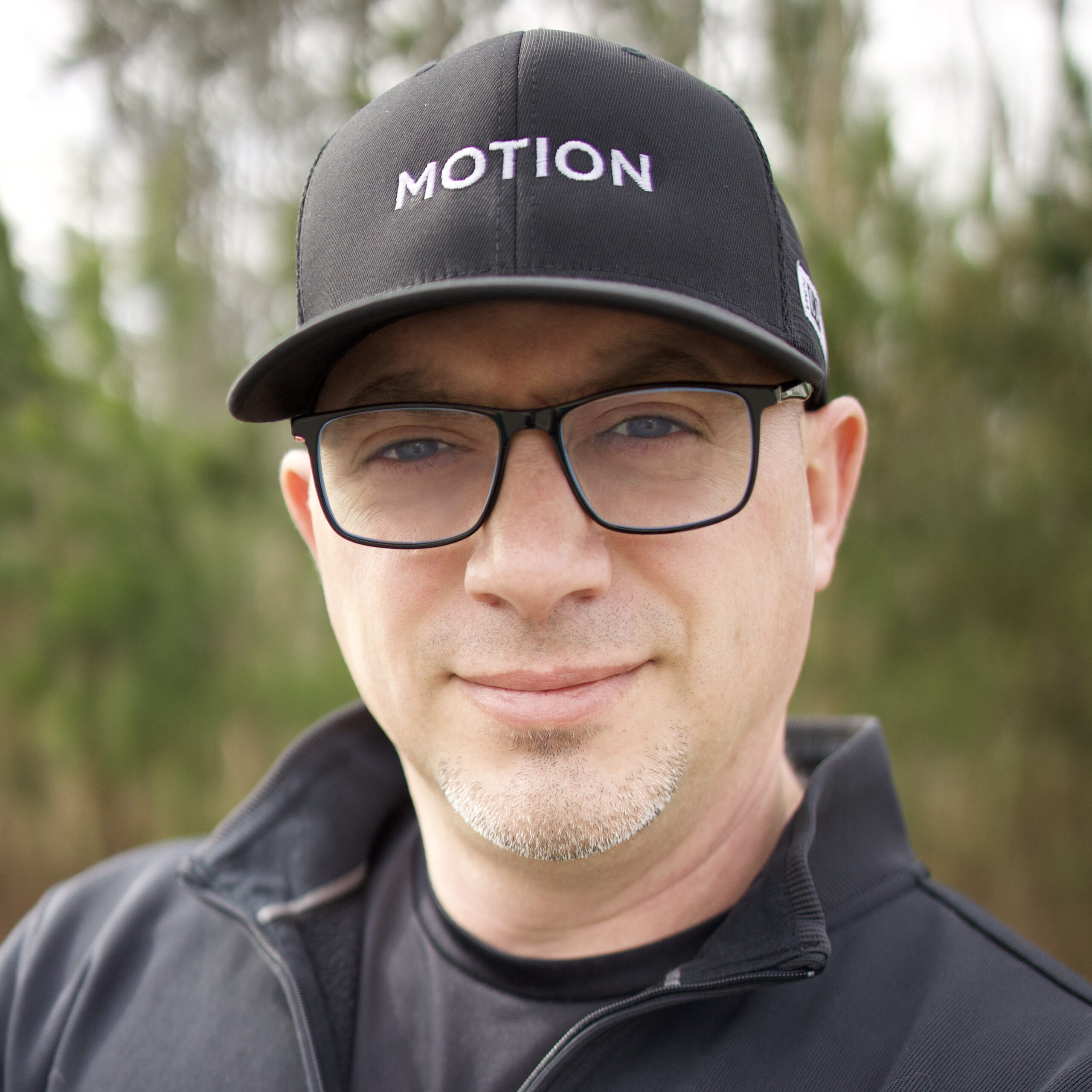Episode Summary
Every podcast creator wants to deliver something unique and unheard of to their audience. But that’s easier said than done since every industry already has its podcast stars — subject-matter experts who are on every podcast host’s guest list.
So, how can you bring a familiar face and voice onto your podcast without ”forcing” them to repeat the answers they already shared in previous podcasts?
In this episode of Recorded Content, host Tristan Pelligrino shares three ways to ask more interesting podcast interview questions. These include:
- Ask the unexpected
- Listen and adapt
- Use follow-up questions
Podcast Expert

- Name: Tristan Pelligrino
- What he does: Tristan is the Co-Founder of Motion, a done-for-you podcast agency for small, scrappy, B2B tech marketers.
- Company: Motion
Key Insights
- Unique questions come from proper research. Podcasts have become popular across various industries, and chances are that the next guest you plan to invite has already participated in other shows. Therefore, your goal should be to ask something they have never answered before. Approach their expertise from a different angle. Don't be afraid to innovate. ''Asking great podcast questions often means going against the grain. You have to stray from the path to get unheard and valuable insights from your guests. That's why it is important to research your guests ahead of time. Listen to the past couple of podcasts to find common questions, and you will quickly find what not to ask.''
- Connect with the guest on a more personal level. Of course, it doesn't mean you should cross the line and ask inappropriate, intimate questions. But it also doesn't mean you must follow the script from A to Z. On the contrary, you want your interview to sound natural, like a conversation between two friends sharing some valuable stories and experiences and giving tips to one another. ''The more your guest gets to talk about a certain subject, the more emotion they'll start to put into what they are saying. This emotion leads to more incredible and passionate answers. And cutting off someone's train of thought to continue with your pre-prepared questions can mean you miss out on some of those stories and insights that keep your listener engaged.''
- Ask follow-up questions. Do you know what is at the intersection of properly researching to create unique questions and not sticking to the script during an episode? It is a host listening carefully so they can ask a follow-up question. These questions are hard to craft before the episode. Instead, they result from a host's curiosity to discover more about a particular subject the guest is discussing and add a human touch to the show. However, sometimes the answers don't bring any additional value to the audience. As Tristan says, ''[If a] follow-up [question] doesn't add value, you can simply edit it out of the final episode later.''

Episode Highlights
Ask the Unexpected
”Chances are, if you secured a guest for your interview-style podcast, they’re not a stranger to being interviewed in some form. […]
Your job as a podcast host isn’t to just ask a question and let the guests go on with whatever they’re going to say. You need to push for something unique, something that wasn’t featured on the last podcast your guest was on.
If you want to push your podcast to the top, be the opposite of every other podcast. Focus on getting answers to unique questions and keeping the conversation engaging.”
Listen and Adapt
”Some of the best interviews come from questions that emerge during a natural organic conversation. Sometimes this can simply mean switching up your outline structure. Other times, it can mean going off-script entirely. And while this may seem counter-intuitive, this is where the most insightful and valuable content gets revealed.”
Follow-Up Questions Serve to Capture the Details
”It’s important to ask the right questions, but it’s even more important to make sure you build a strong, personal connection with your guest. Once you establish that connection, you’ll find the guest gives a much more interesting interview. […] This is why follow-up questions are so important.”
